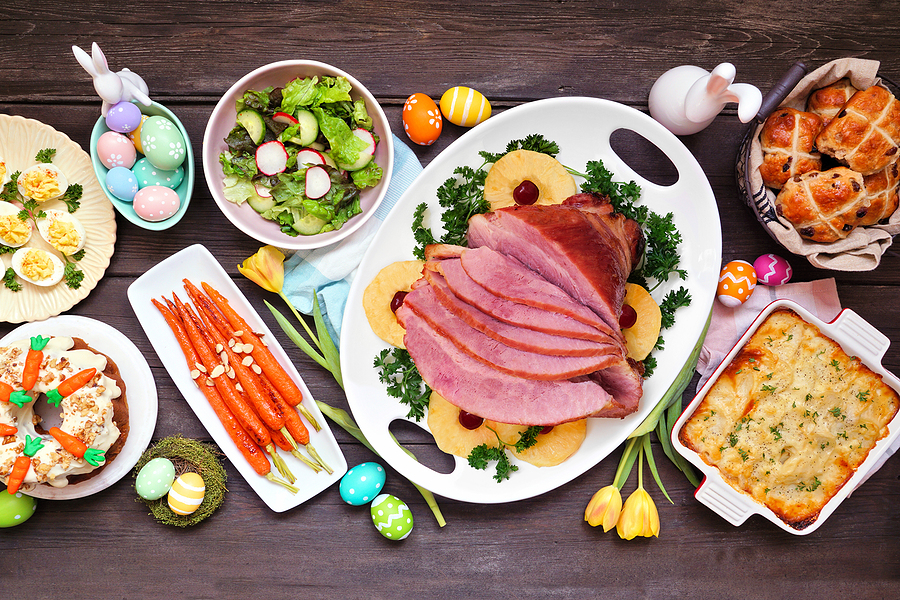Every year on July 25th, foodies and oenophiles alike come together to celebrate National Wine and Cheese Day. But what is it about the combination of wine and cheese that has made it so beloved throughout history? This blog will explore the origins of this delicious tradition, offer tips on how to throw the perfect pairing party, and even share some surprising health benefits of indulging in these two delights. Cheers!

A Brief History of National Wine and Cheese Day
There are many theories about when and where the tradition of pairing wine and cheese began. Many believe it originated in ancient Rome, where they served cheese with wine at lavish banquets. However, it wasn’t until the late 19th century that this pairing became popular in the United States. National Wine and Cheese Day was established in 2014 as a way to celebrate this rich history and encourage people to explore new combinations.
The Perfect Wine and Cheese Pairings
Pairing wine and cheese can seem daunting, but with a few simple tips, you can impress your friends and family with delicious combinations.
White Wine with Soft Cheese
Soft cheeses are creamy and mild in flavor, making them great companions for white wines. Brie, Camembert, and Ricotta all pair well with Chardonnay, Sauvignon Blanc, and sparkling wines.
Red Wine with Hard Cheese
Hard cheeses are stronger and nuttier, which is why they are best paired with red wines. Cheddar, Gouda, and Parmigiano-Reggiano work well with Merlot, Cabernet Sauvignon, and Syrah.
Sweet Wine with Blue Cheese
The rich and tangy flavor of blue cheese is best complemented by sweet wines like Port, Sauternes, or Ice Wine. This combination is perfect for those who enjoy both sweet and savory flavors.
Hosting a Wine and Cheese Day Party
Throwing a successful National Wine and Cheese Day party requires a bit of planning, but it doesn’t have to be stressful.
Create a Wine and Cheese Menu
Start by selecting a variety of wines and cheeses that complement each other. Consider including at least one white wine, one red wine, and one sweet wine, as well as a range of cheeses from soft to hard. Don’t forget to include some accompaniments like crackers, bread, and fruit!
Set the Scene
A beautiful setup can enhance the overall experience for your guests. Use a large wooden board or a marble slab as a base for your cheese display, and add fresh herbs or edible flowers for a pop of color. Consider using candles or string lights for ambient lighting, and encourage guests to mingle outside if the weather permits.
Educate Guests on Pairing
Provide your guests with a brief overview of the wines and cheeses you’ve selected, including their origins and flavors. You can also create small cards with suggested pairings for each cheese. This not only adds a personal touch but also helps guide your guests in exploring different combinations.
Surprising Health Benefits of Cheese and Wine
While indulging in wine and cheese is often viewed as a guilty pleasure, recent studies suggest that moderate consumption may actually offer some health benefits.
Wine and Heart Health
Research has shown that moderate wine consumption, particularly red wine, can have positive effects on heart health. This is attributed to antioxidants like resveratrol, which may help protect your blood vessels and promote circulation.
Cheese and Bone Health
Cheese is not only a delicious addition to your wine pairing but also a good source of calcium and protein. Consuming adequate amounts of calcium is essential for maintaining strong bones and reducing the risk of osteoporosis.
The Benefits of Moderation
Of course, moderation is key. While both wine and cheese can offer health benefits, excessive consumption can lead to negative health effects. Enjoying these delights responsibly as part of a balanced diet is the best approach.
Inspirational Pairings Around the World
While National Wine and Cheese Day is primarily celebrated in the United States, many cultures around the world have their own traditions that revolve around these two delightful foods.
France’s Famed Pairing
In France, the tradition of “Vin et Fromage” (wine and cheese) is an essential part of their culinary culture. Each region boasts its own unique pairings, such as creamy Camembert with the fruity reds of Normandy or a sharp Roquefort with a sweet Sauternes. On July 25th, French foodies savor these pairings at home, often accompanied by a fresh baguette and a glass of local wine.
Spain’s Tapas and Wine
In Spain, the tradition of enjoying wine and cheese comes alive through the concept of “tapas”. These small plates often include a variety of cheeses (like Manchego) paired with a glass of regional red wine, such as Tempranillo. On National Wine and Cheese Day, many Spanish locals flock to their favorite tapas bars to enjoy these delightful combinations, celebrating both flavors and friendship.
Italy’s Aperitivo Tradition
Italy has a long-standing tradition of enjoying wine and cheese during the “aperitivo” hour before dinner. Italian locals often gather in cafes and bars to relish a glass of Prosecco or Chianti alongside a platter of Pecorino or Gorgonzola. Celebrations on July 25th often include wine tastings and cheese-making workshops, allowing participants to deepen their appreciation of Italy’s rich culinary heritage.
The World’s Wine and Cheese Day
In addition to these national customs, numerous countries also participate in World Wine and Cheese Day on the last Saturday of July, which is this very weekend! This holiday encourages food enthusiasts globally to explore the rich tapestry of wine and cheese pairings available in their regions, fostering a spirit of culinary adventure and appreciation.
Conclusion
National Wine and Cheese Day is a delightful opportunity to indulge in two of life’s greatest pleasures while also benefiting from their surprising health attributes. By learning how to properly pair wines with cheeses, hosting your own tasting party, and understanding the global traditions surrounding this day, you’ll not only enrich your own experience but also those of your friends and loved ones.
As you prepare to raise a glass this July 25th, remember to celebrate responsibly and savor each bite and sip. Whether you’re in France, Spain, Italy, or right here in the United States, here’s to many more delightful wine and cheese adventures ahead!
Are you looking to add some charcuterie flare to your next soiree or event? Bring in the pros! Contact Food for Thought Catering at 678-340-0510 to speak with an experienced catering manager about party catering in Peachtree City and Atlanta, Georgia. Our catering service will take care of everything so you can relax and enjoy your party. We offer a variety of menu options to suit every taste, and we can even customize a menu for you.
Related Posts:
Have You Caught Wave of Seacuterie Boards?
The Benefits of Catering Trays
The Value in Buying Local Foods









